Choosing a dive shop abroad isn’t just about certifications. It’s about the people, the experience, and making the right compromises. After hundreds of dives between us, we’ve learned that even a five-star PADI dive school doesn’t guarantee a good time. Here’s our personal guide to finding a dive shop that will make your diving trip unforgettable.
Accreditation versus Feeling: What Really Matters
Many travelers focus on certifications and the dive school’s rating. While it’s important to choose a recognized organization like PADI, SSI, or NAUI, the vibe and competence of the divemasters and instructors are often more important.
- For beginners, if you don’t have your own gear, don’t compromise. The way instructors teach, their patience, and how they handle safety is crucial. A school with smaller groups and attentive instructors is worth paying more for.
- For experienced divers who bring their own equipment, you can sometimes prioritize cost or convenience over luxury services. Smaller, less flashy schools can offer longer dives, earlier departures, or access to unique sites.
Accreditation is a baseline. The real test is whether you feel safe, supported, and excited by the instructors.
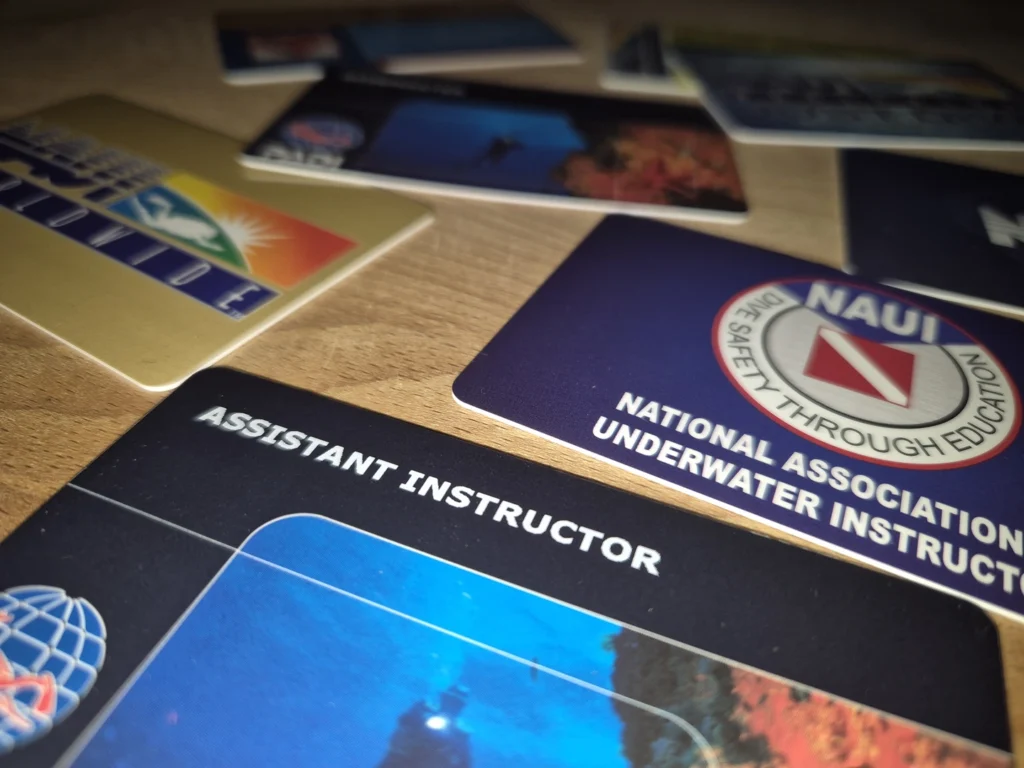
Research Reviews and Get Recommendations
Before booking, look beyond the website or marketing materials. Real experiences from past divers are invaluable.
- Check Google and TripAdvisor for reviews. Focus on trends rather than individual ratings to see consistent praise or recurring complaints.
- Visit diving forums like ScubaBoard or Reddit’s r/scuba for honest opinions about schools and instructors.
- Look at social media posts on Instagram or Facebook to get a feel for the school’s vibe and professionalism.
- Ask questions to past students if possible. How were the instructors? Did dives run on schedule? Was the equipment reliable?
For beginners without gear, reading reviews is especially important to ensure quality, safety, and instructor attention. Experienced divers can use reviews to find schools that offer better value, longer dives, or unique sites.
Dive Times and Scheduling
One often-overlooked factor is when the dives happen.
- Some dive schools leave later in the morning, while others start at sunrise, allowing more dives in a single day.
- Ask if they offer a second or third dive on the same day. More dives for a similar price can make a huge difference on vacation.
- Consider surface intervals, lunch breaks, and travel times to dive sites. A school with better planning often leads to better dives and less waiting around.
- Morning dives are often the best because the reef comes alive and you are usually one of the first divers on the site, avoiding crowds.
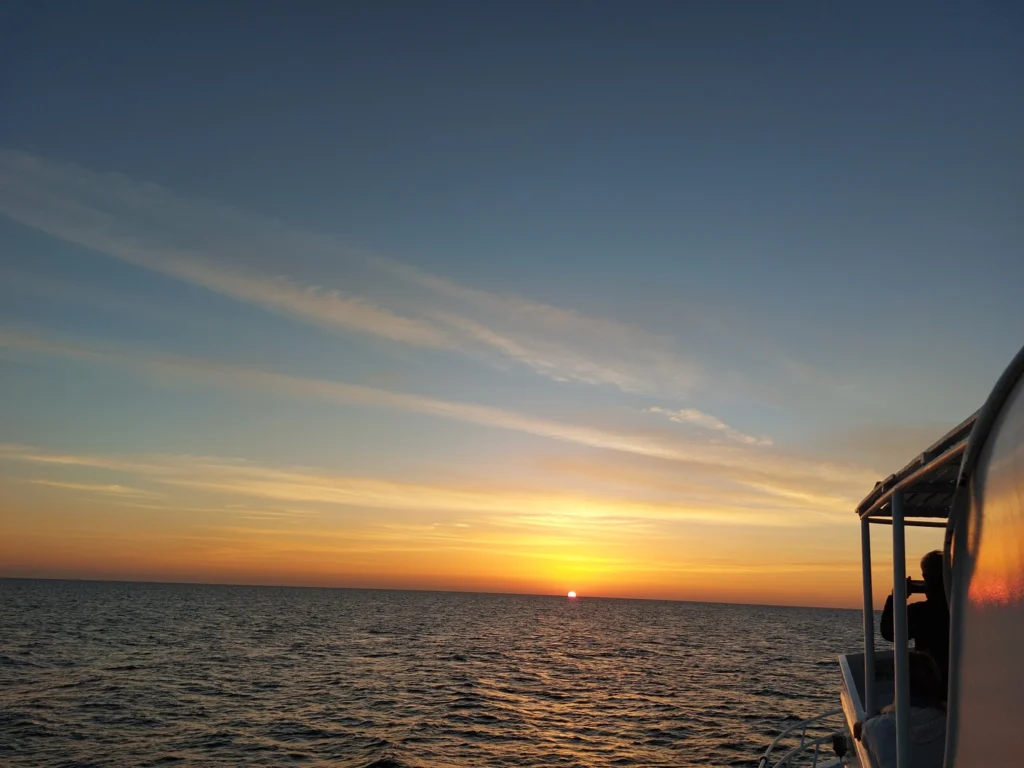
Group Size and Dive Experience
Diving in large groups can be frustrating, but there are ways to tailor the experience depending on skill level and goals.
- Groups of 6 or more divers with different experience levels can mean slower dives, longer safety stops, and less personal attention.
- In many destinations, if you have a certain certification level (e.g., Advanced Open Water Diver) or a minimum number of logged dives (30+ or more, depending on location), you can dive with your own buddy without a guide. This can be a great option for experienced divers seeking flexibility.
- Some trips allow booking a charter boat without a guide. We had this on a week-long liveaboard in the Bahamas and at lesser-known dive sites in Australia. It was a bit surprising at first, but the freedom and unique dives were unforgettable. Just make sure this is clear before you start your trip.
- A skilled guide can be very valuable, especially for spotting rare or small creatures. For example, trying to find a Lembeh seadragon by yourself is nearly impossible—they are tiny and territorial. Experienced guides know exactly where to look.
- Air consumption and cost still matter, especially in larger groups or when charging per tank, but matching your dive experience and group preferences can make a huge difference in enjoyment and safety.
Equipment and Services
- Beginners without gear should prioritize high-quality rental equipment and well-maintained tanks. Compromising on this can be unsafe.
- Experienced divers who bring their own equipment can sometimes compromise on rental equipment, opening up more affordable options.
- Consider extras such as dive computers, camera rentals, and boat amenities. These can enhance your experience but may not be essential if you are focused purely on diving.
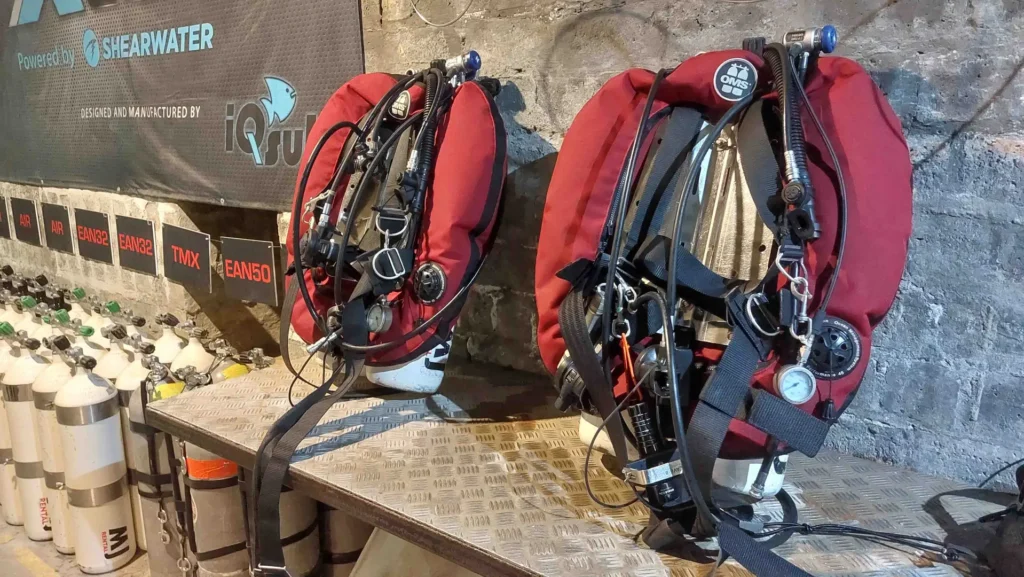
Personal Fit and Compromises
Choosing a dive shop is always about trade-offs.
| Factor | Beginners | Experienced Divers |
|---|---|---|
| Instructor attention | High priority | Moderate priority |
| Gear quality | Essential | Less critical if you have your own |
| Group size | Small is better | Flexible, small is better |
| Dive times | Prefer longer/multiple dives | Flexible, can choose cheaper options |
| Cost | Secondary to safety | Primary, if safety is assured |
Even the best-certified school isn’t necessarily fun. A smaller school with a fantastic instructor, good dive sites, and smart logistics can be far more rewarding.
Final Tips from Experienced Divers
- Talk to instructors before booking. Ask about their favorite dives, how they handle beginners, and how they deal with tricky conditions.
- Observe a day of diving if possible to notice the vibe, organization, and safety culture.
- Do not compromise on safety if you lack experience or your own gear.
- Look beyond ratings and marketing. The experience and people matter more than logos or stars.
Personal note: The best dives abroad weren’t always at the five-star resorts. They were at small, locally-run dive schools where instructors cared about every diver, knew the sites intimately, and created fun, safe, and memorable experiences.
Help us by supporting our blog
We want to give you honest reviews and keep this blog free. Therefore we added some affiliate links that might give us a commission at no additional cost to you. Support our blog by booking through our partners.

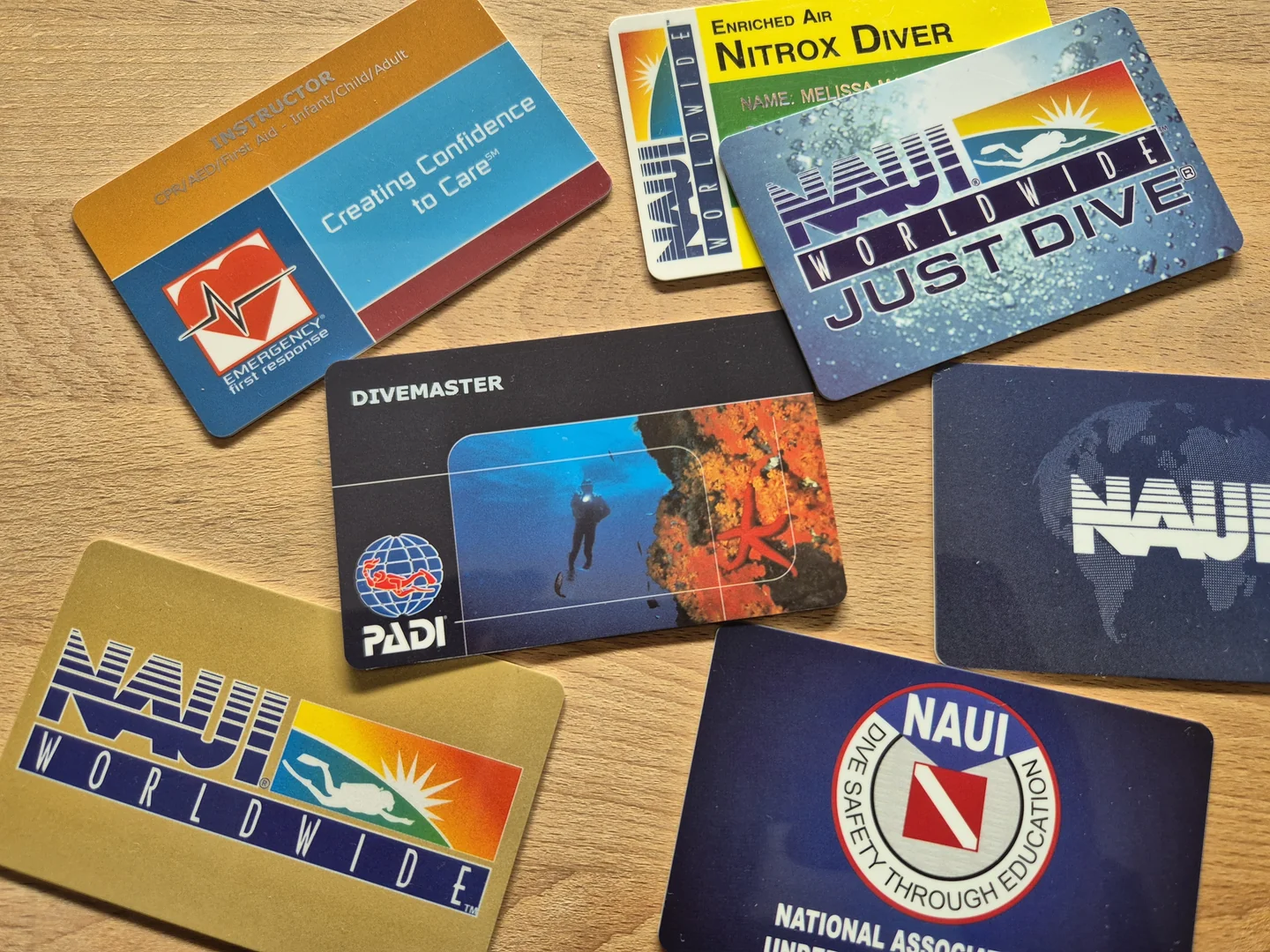
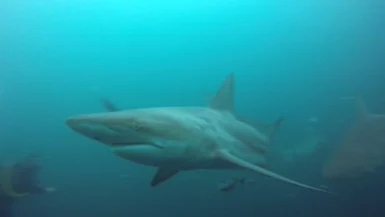
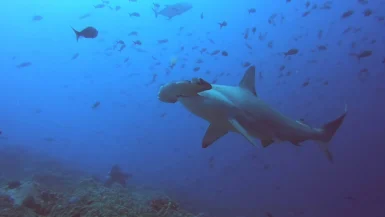
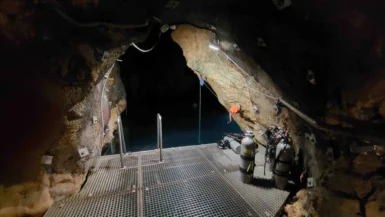
Leave a reply